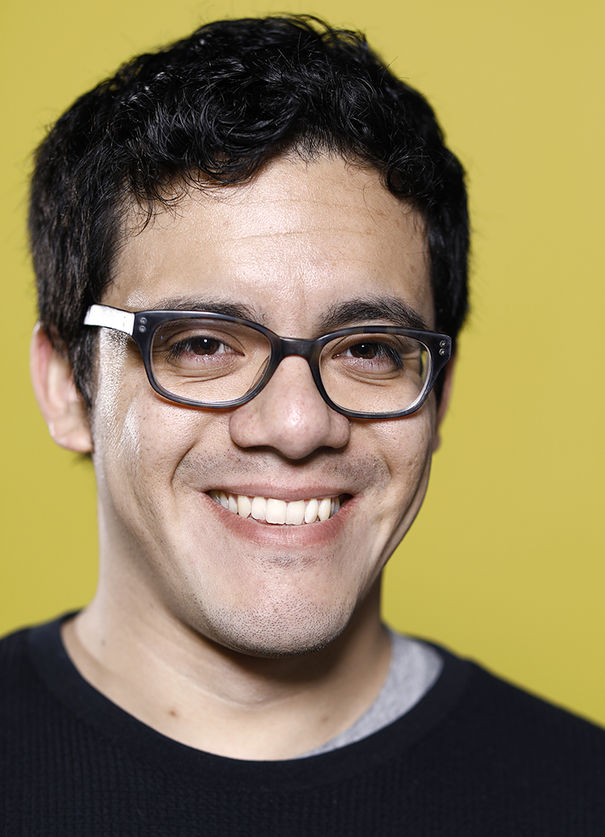Down in Mexico
by Rodrigo Garay

There’s a new blockbuster every weekend, and it’s almost always the same: TV actors headlining a raunchy rom-com with some sort of dumb wordplay as title. On the other side of the Mexican film industry (which, for all its shortcomings, remains an industry) stand the radicals playing with language: Nicolás Pereda, Dalia Huerta, Juan Pablo González. Somewhere in between, the brave documentary filmmakers tackling social injustice and venturing deep into the mountains and forests of the poverty- and violence-stricken states of Mexico - works made by upper-class artists who seem to be saying: «It is through my filmmaking that I give voice to those in need».
It is through my writing that I accomplish nothing. At least not in material terms—this is not a social action, but part of a thought process. An inward gaze. This may sound silly, but it’s something that I believe explains my relation to cinema: I must have been about nineteen when I first broke up with someone. Six months later, I was watching Daryl Wein’s Breaking Upwards (2009) when it suddenly dawned on me that a very important person had disappeared from my life. It was only then, while watching a movie, that I was able to experience feelings that probably should have come to me much earlier. If I had written a piece on Breaking Upwards back then, I would have probably understood my own emotions (and my own perspective on the film) way better.
I guess I started to write “film criticism” (big air quotes) out of love for cinema, and out the state of confusion the world keeps putting me into. My writing should never give into activism, never serve politics. It’s a means to understand what’s going on with me as much as with the film I watch. Why did I think that scene was chilling, cruel or phony? What factors made me relate to Ted Fendt’s Classical Period (2018) but not to Ricky D’Ambrose’s Notes on an Appearance (2018)? Do I really believe that Kristen Stewart is the 21st century Bressonian model, or am I just repeating what my colleagues babble at every party?
Most of my work as a “critic” (bigger air quotes still) comprises curatorial reviews for Cineteca Nacional—Mexico City’s main film archive and cinematheque—where I worked for 4 years. I’ve also written short essays for independent magazines like Icónica and Correspondencias, and had the fortune of joining the latter as editor in 2019. While my personal take on criticism might sound self-centered, I understand the duty of an editor is different: to reach out, to try to connect with an audience and our collaborators, so that we can think collectively about raunchiness and language and inequality - three among many fundamentals of the Mexican panorama.

